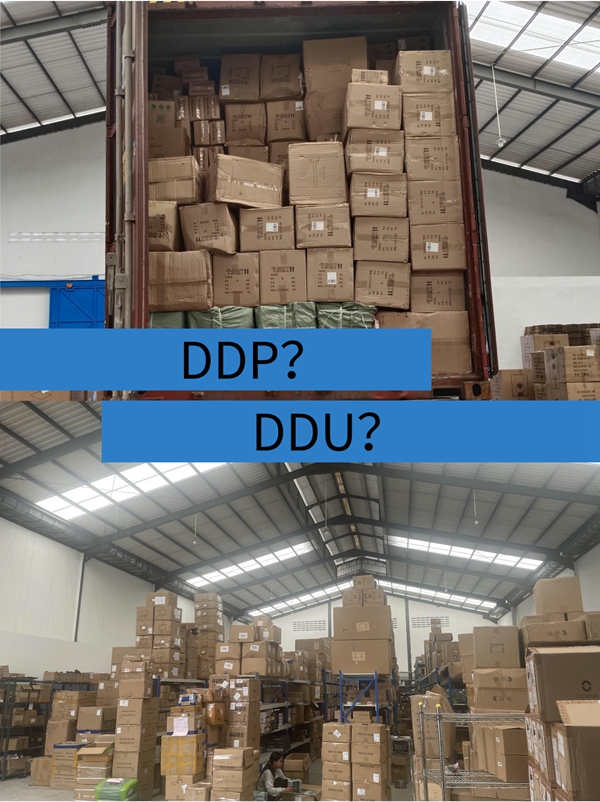In international trade, DDP (Delivered Duty Paid) and DDU (Delivered Duty Unpaid) are two common terms used to describe the delivery terms and responsibility for customs duties, taxes, and clearance procedures in the importing country. Below, Guangdong Smart International Logistics will explain in detail the meanings and differences between these two terms.
DDP refers to "Delivered Duty Paid," meaning that the seller assumes all costs and risks until the goods are delivered to the buyer. Under DDP terms, the seller is responsible for transporting the goods to the designated location in the destination country and completing all import clearance procedures, including paying customs duties, taxes, and other related charges in the importing country. Once the goods arrive in the destination country and clearance is completed, the responsibility shifts to the buyer, who can then proceed to handle the goods themselves.
The advantage of DDP is that the buyer does not need to worry about clearance procedures and related costs, as everything is handled by the seller, saving the buyer time and effort. However, the transportation costs under DDP terms are relatively high because the seller bears more expenses and risks.
On the other hand, DDU stands for "Delivered Duty Unpaid," meaning that the seller is responsible for transporting the goods to the designated location in the destination country but is not responsible for paying customs duties, taxes, and other related charges in the destination country. Once the goods arrive in the destination country, the buyer needs to handle the goods themselves and bear the related import clearance procedures and costs.
Under DDU terms, the seller is only responsible for transporting the goods to the designated location, while the buyer needs to handle import clearance procedures and related costs themselves. Therefore, the transportation costs under DDU terms are relatively low, but the buyer needs to invest more time and effort in handling clearance procedures and related matters.
Comparison:
1. Responsibility: Under DDP terms, the seller assumes all costs and risks until the goods are delivered to the buyer, while under DDU terms, the seller is only responsible for transporting the goods to the designated location, and the buyer needs to handle clearance procedures and related costs themselves.
2. Transportation costs: Transportation costs under DDP terms are relatively high because the seller bears more expenses and risks, while transportation costs under DDU terms are relatively low, but the buyer needs to invest more time and effort.
3. Time and effort: Under DDP terms, the buyer does not need to handle clearance procedures and related matters, saving time and effort. However, under DDU terms, the buyer needs to handle these matters themselves, requiring more time and effort.
In summary, DDP and DDU are two common delivery terms in sea freight, and the main difference between them lies in the allocation of responsibilities and cost burdens. When choosing delivery terms, companies need to determine based on actual situations and requirements to ensure optimal transaction results.
